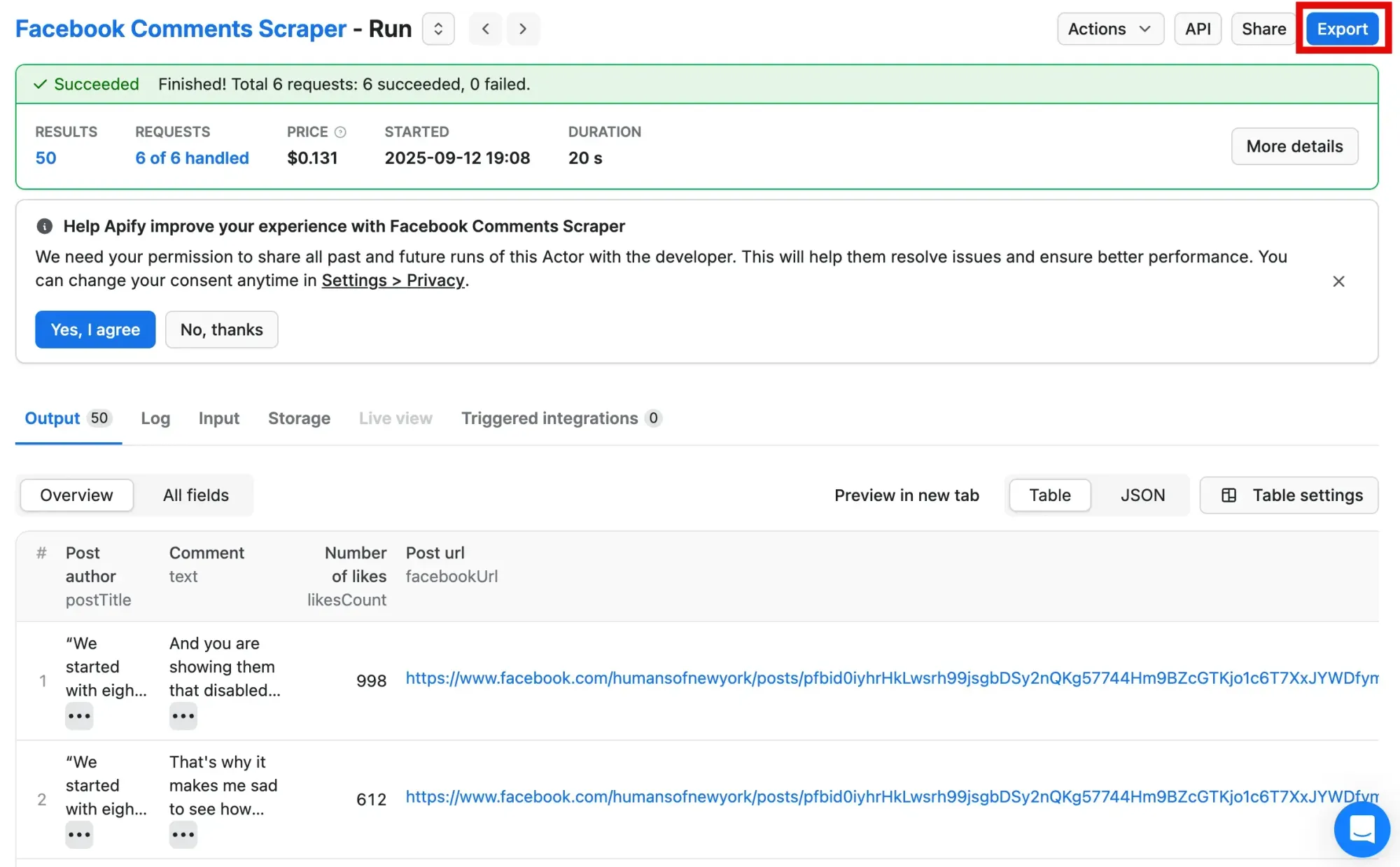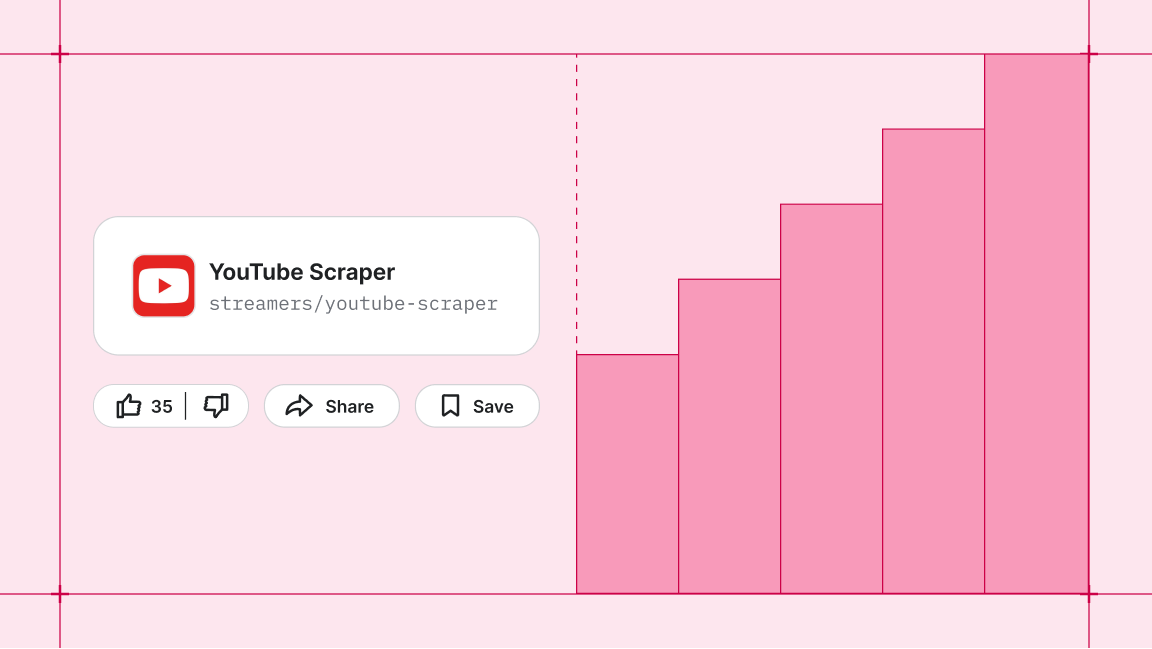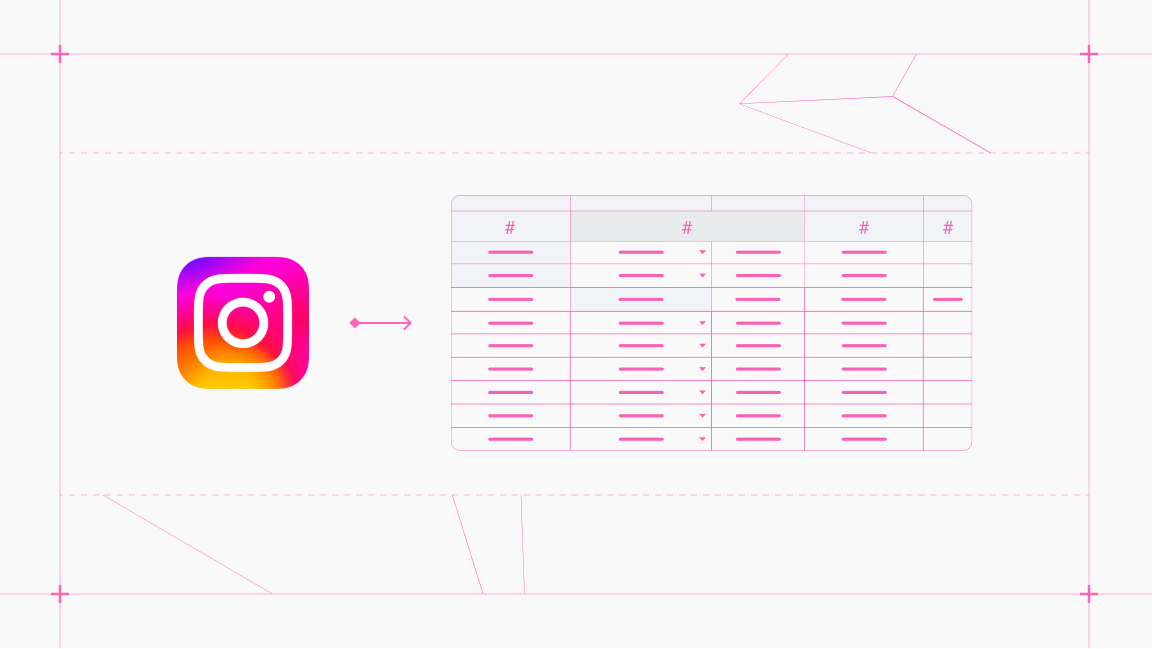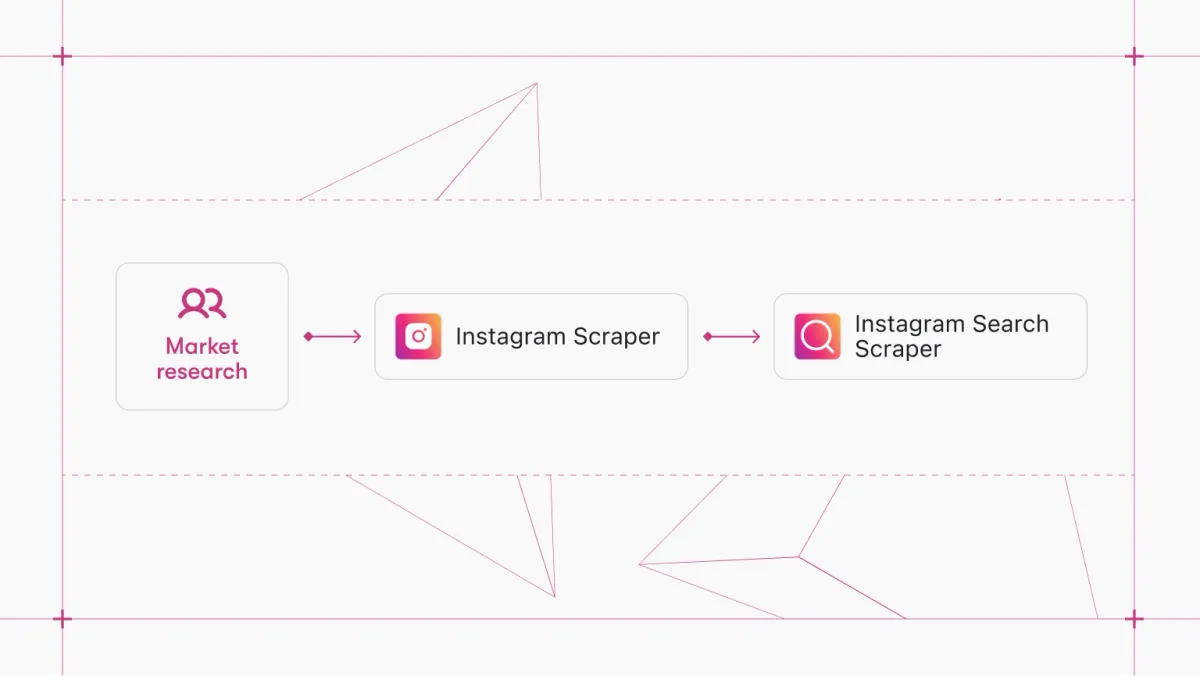Facebook's Graph API became even more restrictive in 2025, with new limitations that cap requests to just 200 per hour and severely limit third-party access to comments and likes. Recent changes have reduced developer functionality significantly, requiring express user permissions for most comment data access. App review processes for comment permissions can take weeks, and the API often returns incomplete comment threads with missing replies. Developers also face frequent IP blocks when trying to extract comment data at scale.
The solution? A dedicated Facebook Comments Scraper from Apify that bypasses these API restrictions and gets you comprehensive comment data in minutes, not hours.
Reliably extract Facebook comments data in about 3 minutes.
Step-by-step guide to scraping Facebook Comments
Step 1. Go to Facebook Comments Scraper
Click the Try for free button to sign up for a free Apify account and start using Facebook Comments Scraper.
If you don’t have an Apify account yet, it’s easy to sign up with your GitHub or email account from any provider. You’ll enter Apify Console, a workspace to run or build web scraping tools.
Step 2. Select the Facebook post you want to scrape comments from
Now head over to facebook.com and find the post you want to scrape comments from. Copy its URL and paste it into the Facebook URLs field. Let’s see if we can scrape the 50 most recent comments from this Humans of New York post. You can add as many posts as you want, indicate how many comments you want to scrape as well as in which order to extract them.
Copy its URL and paste it into the Facebook URLs field
Step 3. Click Start
The Actor will now visit each Facebook post you’ve chosen and extract the newest comments. Once the scraper’s status changes from Running to Succeeded, you’re one step away from downloading your Facebook comments.
Click Start and wait for your data to get fetched
Step 4. Download the comments
Click the Export button to view and download your data.

You can Preview the extracted data as a table, spreadsheet, CSV or JSON file. You can always find it Storage tab and extract it in any format.
Preview the extracted data as a table, spreadsheet, CSV or JSON file
Here's the dataset preview in JSON
That’s it, you’re done. Now that you know how it works, you can give it a go yourself - choose your Facebook posts, copy the URLs, and run the Facebook Comments Scraper.
Need more Facebook scraping tools?
If you have a specific scraping case for publicly accessible Facebook data, check out these simple scrapers. They're designed to handle Facebook post scraping (both in pages and groups), extracting data from Facebook Ads Library, and even Facebook photo scraping. Take a peek and see if any of them fit the bill.
📝 Facebook Posts Scraper: extracts data from each post on the page and its details.
📜 Facebook Pages Scraper: scrapes basic info about the page.
👍 Facebook Likes Scraper: extracts Facebook reactions and likes.
🗓 Facebook Events Scraper: extracts Facebook events data.
👥 Facebook Groups Scraper: extracts Facebook data posts in public groups.
🛍 Facebook Ads Scraper: extracts data from Facebook ads.
🕵️♀️ Facebook Search Scraper: scrapes Facebook search by keyword.
🌟 Facebook Reviews Scraper: extracts Facebook reviews data from the page (text and reviewer).
🏞 Facebook Photos Scraper: extracts Facebook images and their data.
🎮Facebook Games Scraper: extracts info about Facebook games and live streams.
FAQ
Is scraping Facebook comments legal?
Yes, but while scraping it’s important to adhere to ethical scraping practices and stick with scraping data that’s publicly available. Scraping personal data such as email addresses — although allowed — is generally not advised unless you have a valid reason to do so. In case of doubt, consult with legal professionals for guidance on compliance with the most recent legal practices.
How to download Facebook comments?
To download Facebook comments from a specific post, you can find or build a Facebook scraper. Apify’s Facebook Comments scraper, for instance, allows downloading comments from multiple posts in HTML, XML, JSON, JSONL, and CSV formats. You can also extract those comments in the order that’s suitable for you: by newest, most relevant, or Facebook’s default.
Do you need proxies to scrape Facebook comments?
It's sort of a must-have as of 2025. Ever since Facebook changed its policy in 2021, you'll need some form of proxy to make sure your Facebook scraping ends up successful. Facebook's 2025 API restrictions have made this even more critical, with new rate limits capping requests to just 200 per hour and severely limiting third-party comment access. While datacenter proxies may still work for some cases, our top choice is residential proxies. The good news is, our free plan includes a residential proxy free trial, so you can try out any of the Facebook scrapers under ideal conditions.
Can I use Facebook API to scrape comments?
In general, yes. Facebook API (once you get its token) can provide free access to some of the data on the platform. However, extracting large amounts of data — even with the official Facebook API — can quickly lead to getting blocked.
Can I scrape Facebook data behind login?
In general, you can use cookies to scrape Facebook, but not with our Facebook scrapers. We don’t provide the option to scrape Facebook pages that are visible only after login.
What can I do with Facebook comments data?
- Sentiment Analysis: Label comments as positive/negative/neutral to understand brand perception
- Customer Feedback: Identify improvement areas and make data-driven business decisions
- Market Research: Analyze audience preferences and competitor campaign performance
- Topic Modeling: Discover key discussion themes and audience concerns
- Network Analysis: Identify opinion leaders and influential users in your community
Can I use AI to scrape Facebook?
AI is currently unable to scrape websites directly, but it can help generate code for scraping Facebook if you prompt it with the target elements you want to scrape. Note that the code may not be functional, and website structure and design changes may impact the targeted elements and attributes.







